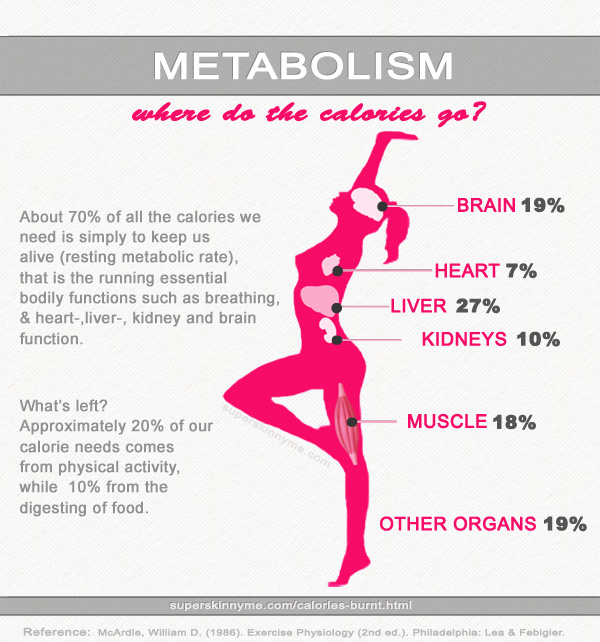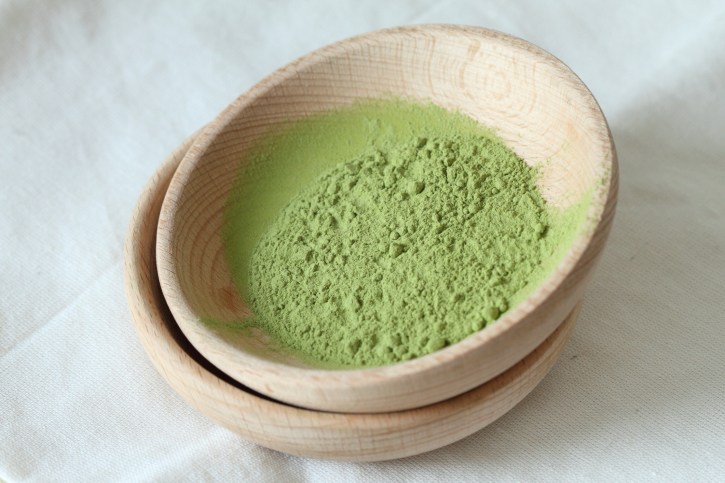Weight control not weight loss strategy works better
An intervention that focuses on weight control rather than weight loss works better for socioeconomically disadvantaged black women in preventing weight gain, researchers from Duke University reported in JAMA Internal Medicine.
The authors explained that encouraging African-American women to lose weight has generally been ineffective.
As background information, the investigators wrote "black women have higher rates of body weight satisfaction, fewer social pressures to lose weight, and sociocultural norms that tolerate heavier body weights."
Principal investigator, Gary G. Bennett, Ph.D., said that new weight management strategies are necessary for black women from low-income households.
Dr. Bennett and team carried out a clinical trial (the Shape Program) to compare what effect either behavioral weight gain prevention intervention or usual care might have on the weight and cardiometabolic risk of African-American women.
The intervention included self-monitoring once a week via interactive voice response calls, as well as counseling calls, a one-year gym membership, and tailored skills training materials.
The trial involved 194 premenopausal African-American women aged from 25 to 44 years. Their BMIs (body mass indexes) ranged from 25 to 34.9 (overweight to class 1 obese).
The authors wrote "We explicitly informed participants that Shape was not a weight loss trial. We did not expect participants to be motivated to lose weight. Instead, we informed participants that Shape was an approach designed to improve their overall well-being and to maintain their current body shape."
At the end of twelve months:
- Those in the intervention group lost an average of 2.2 pounds (1 kilogram).
- The women on "usual care" had gained 1.1 pounds (0.5 kilograms).
- 62% of the intervention participants were at or below their baseline weight.
- 45% of the usual-care participants were at/below their baseline weight.
By the end of 18 months, the women in the intervention program had lost an average of 3.7 pounds (1.7 kg) .
The researchers did not observe any difference between the treatment groups in lipid levels, blood glucose, blood pressure, blood pressure control or waist circumference.
The team concluded:
"It is clear that new treatment approaches, such as weight gain prevention, are necessary to contend with the considerable challenge of obesity in this population."
Hair maintenance and exercise among African-American woman
Dr. Amy J. McMichael, from Wake Forest University wrote in JAMA that the main reason many African-American women don't do exercise is because of hair care and maintenance.
Dr. McMichael commented that many of her female African-American patients were overweight. According to the US Department of Health and Human Services' Office of Minority Health, four in every five African-American women are overweight.
Dr. McMichael said "I treat a lot of African American women in our clinic and had noticed how many of them are overweight, and I wanted to know why. I'm treating them for dermatology related issues, but as a doctor this was even more concerning because excess weight puts these women at risk for hypertension, diabetes and other serious problems."
In Dr. McMichael's study, she discovered that many African-American women use chemical products or heat straighteners to straighten their hair, resulting in very fragile hair. Overwashing fragile hair makes it break off more easily, which is why many cannot easily wash their hair after exercise, and avoid it altogether.
Written by Christian Nordqvist-
Is Eating Late Bad for Your Diet?
If you are someone who refuses to eat after 8pm, you might be happy to
-
Hoodia Gordonii Weight Loss Enhancer
For every diet pill craze there are millions of disappointed users who
-
An Alternative Energy Source - Solar Power
Photovoltaic cells-those black squares an array of which comprises a
-
A Simple Diet For A Weight Loss Problem Which Will Not Increase Your Stress Levels
I have always had problems with my weight, which I must admit has been
-
Do Not Weigh Yourself Everyday When Losing Weight
When people are trying to lose weight, it is very common for them t
-
Is Usually Weight Loss Surgical Procedure Your Ideal Selection?
Are you wanting to lose bodyweight? If y
- DON'T MISS
- What Low Carb Dieters Should Know About Nitrates And Nitrites
- Avoid Losing Muscle When Losing Weight
- Giving Nature A Helping Hand In Fat Burning
- Discover The Secrets Of The African Hoodia Cactus Weight Loss Miracle Herb
- Myths About Your Weight Loss Goals
- The Professional Trainers Tips For Losing Belly Fat In 2 Weeks And Keeping It Off!
- Anorexia Nervosa- An Eating Disorder!
- 4 Simple Ways to Detox Your Liver
- A Guide To Losing Weight After Christmas
- Eating Disorders Bulimia Nervosa Treatment




